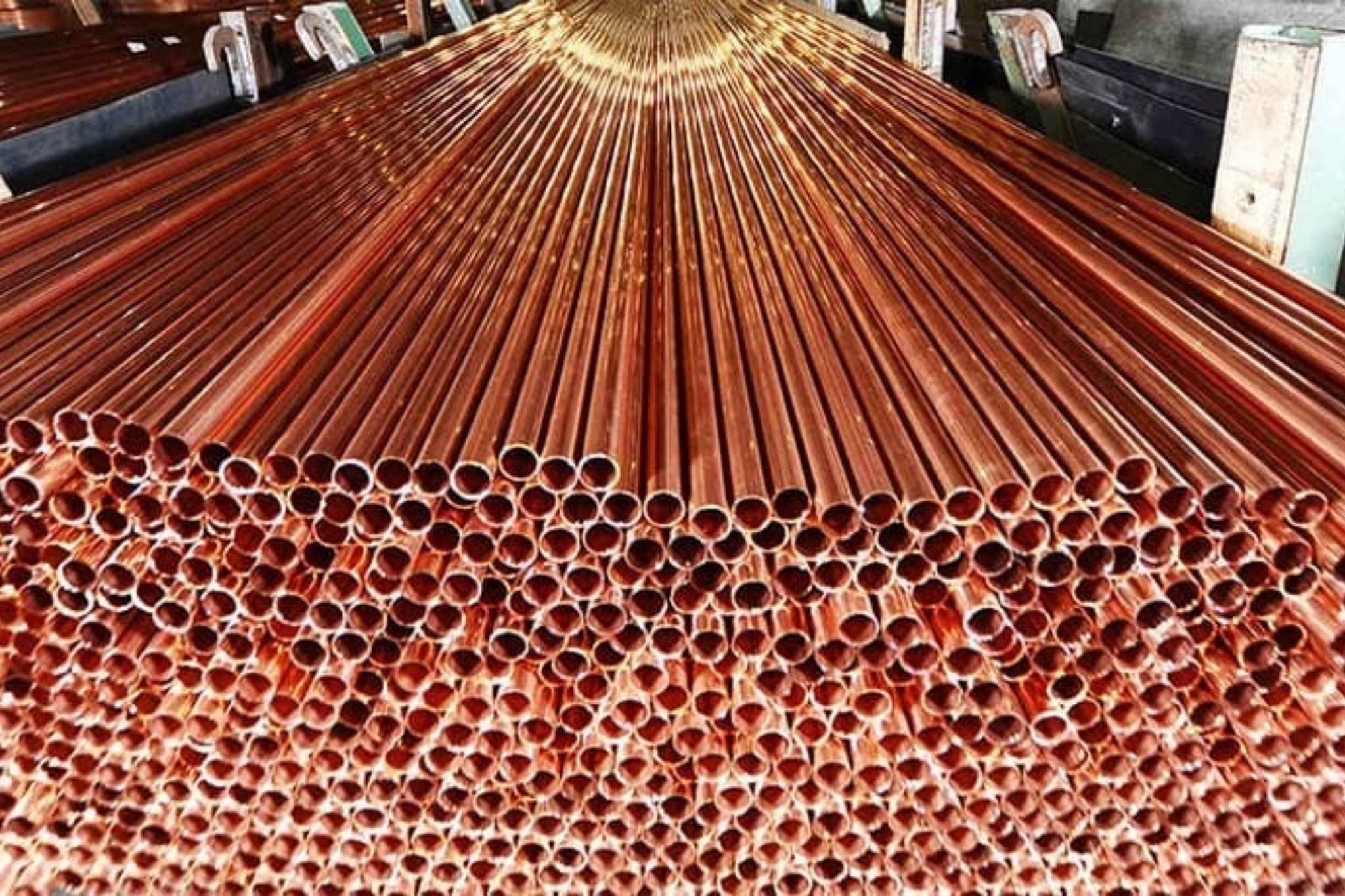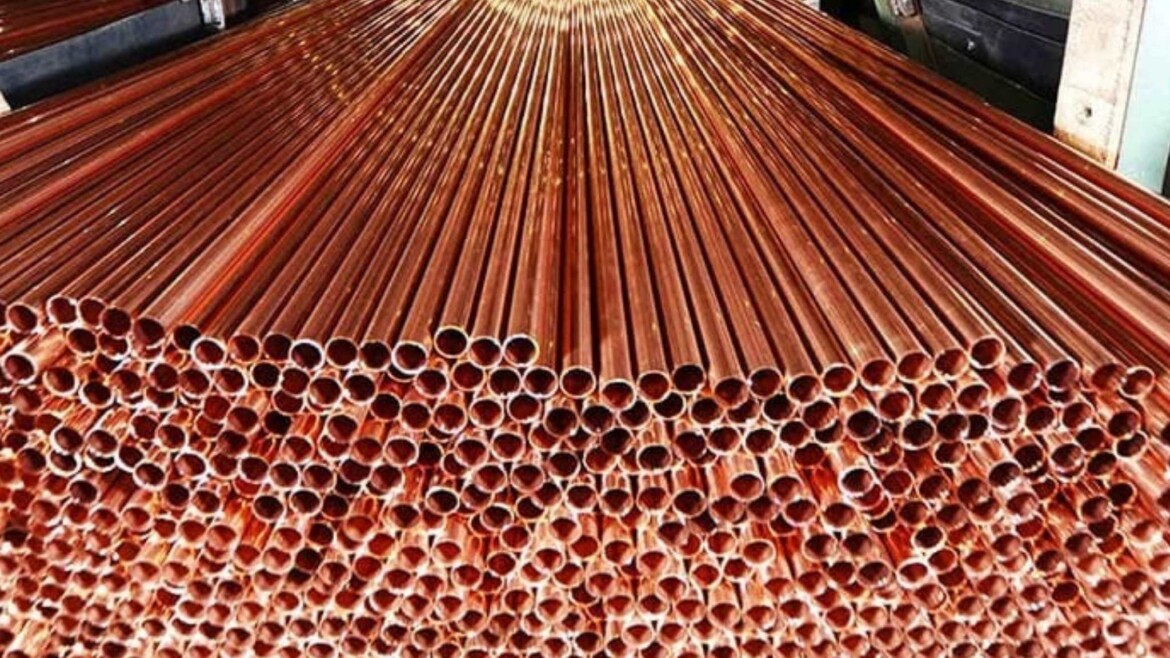Copper Alloys

Copper Alloys
Copper alloys are various metal alloys formed by combining copper with other metals. These alloys enhance the basic properties of copper and are designed to meet specific physical, chemical, or mechanical requirements. Here are some common copper alloys and their characteristics:
Zirconium Copper
Zirconium copper is an alloy made by adding zirconium to copper. This alloy is known for its high-temperature durability and high electrical conductivity. What is Zirconium Copper? Zirconium copper is an alloy produced by adding the element zirconium to copper. Zirconium enhances the mechanical properties and temperature resistance of copper and improves the alloy’s workability. Where is Zirconium Copper Used? Zirconium copper has a wide range of applications in the following areas:
| Application Area | Description |
|---|---|
| Electrical Connections | Electrical applications requiring high conductivity. |
| Electrical Arc Electrodes | Used as electrodes in electrical arc welding processes. |
| High-Temperature Components | Components resistant to high temperatures. |
| Saltwater Applications | Parts used in maritime and saltwater environments. |
Technical Specifications of Zirconium Copper
| Property | Zirconium Copper |
|---|---|
| Composition | 99% Copper, 0.1 – 0.2% Zirconium |
| Electrical Conductivity | High |
| Temperature Resistance | High temperature durability |
| Corrosion Resistance | High |
| Mechanical Properties | High strength and hardness |
Beryllium Copper
Beryllium copper is an alloy produced by adding beryllium to copper. This alloy provides excellent electrical conductivity, high strength, and good wear resistance. What is Beryllium Copper? Beryllium copper is a metal alloy formed by adding a small amount of beryllium to copper. Beryllium increases the hardness and strength of copper while also improving its electrical conductivity and corrosion resistance. Where is Beryllium Copper Used? Beryllium copper is used in the following areas:
| Application Area | Description |
|---|---|
| Electrical Connections | Applications requiring high conductivity and durability. |
| High-Strength Components | Components requiring high strength and wear resistance. |
| Defense and Aerospace | High-performance components and equipment. |
| Machine Parts | Industrial parts requiring high durability. |
Technical Specifications of Beryllium Copper
| Property | Beryllium Copper |
|---|---|
| Composition | 97.5% Copper, 2.0 – 2.5% Beryllium |
| Electrical Conductivity | High |
| Temperature Resistance | Medium temperature durability |
| Corrosion Resistance | Medium |
| Mechanical Properties | High strength and hardness |
Nickel Copper
Nickel copper is an alloy formed by adding nickel to copper. This alloy enhances corrosion resistance and is used in various industrial applications. What is Nickel Copper? Nickel copper is an alloy formed by adding nickel to copper. The addition of nickel improves the mechanical properties of copper and increases its corrosion resistance. Where is Nickel Copper Used? Nickel copper is used in the following areas:
| Application Area | Description |
|---|---|
| Electrical Connections | Provides durability and conductivity in electrical applications. |
| Automotive and Machine Parts | Parts requiring high strength and corrosion resistance. |
| Applications Requiring Corrosion Resistance | Water fixtures, maritime equipment. |
| Decorative Applications | Used for aesthetic and durable surfaces. |
Technical Specifications of Nickel Copper
| Property | Nickel Copper |
|---|---|
| Composition | 90% Copper, 10% Nickel |
| Electrical Conductivity | Medium |
| Temperature Resistance | Medium temperature durability |
| Corrosion Resistance | High |
| Mechanical Properties | Good strength and hardness |
Comparison of Copper Alloys
| Alloy Type | Corrosion Resistance | Wear Resistance | Strength | Hardness | Electrical Conductivity | Applications |
|---|---|---|---|---|---|---|
| Zirconium Copper | High | Medium | High | High | High | Electrical, high-temperature applications |
| Beryllium Copper | Medium | High | High | High | High | Electrical, defense, aerospace |
| Nickel Copper | High | Medium | Medium | Medium | Medium | Electrical, automotive, decorative |
General Characteristics of Copper Alloys
| Alloy Type | Copper Content | Other Elements | Corrosion Resistance | Wear Resistance | Strength | Hardness | Electrical Conductivity | Applications |
|---|---|---|---|---|---|---|---|---|
| Zirconium Copper | 99% | 0.1 – 0.2% Zirconium | High | Medium | High | High | High | Electrical, high-temperature applications |
| Beryllium Copper | 97.5% | 2.0 – 2.5% Beryllium | Medium | High | High | High | High | Electrical, defense, aerospace |
| Nickel Copper | 90% | 10% Nickel | High | Medium | Medium | Medium | Medium | Electrical, automotive, decorative |
Conclusion
Copper alloys offer specific mechanical and chemical properties for various industrial and commercial applications. Each type of alloy is designed to meet particular needs and provides certain advantages. While zirconium copper is ideal for high-temperature applications, beryllium copper is used for high-performance parts. Nickel copper is suitable for applications requiring durability and aesthetics


